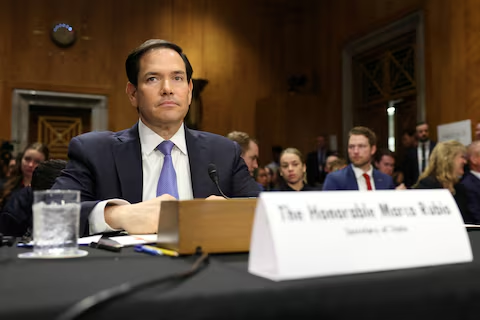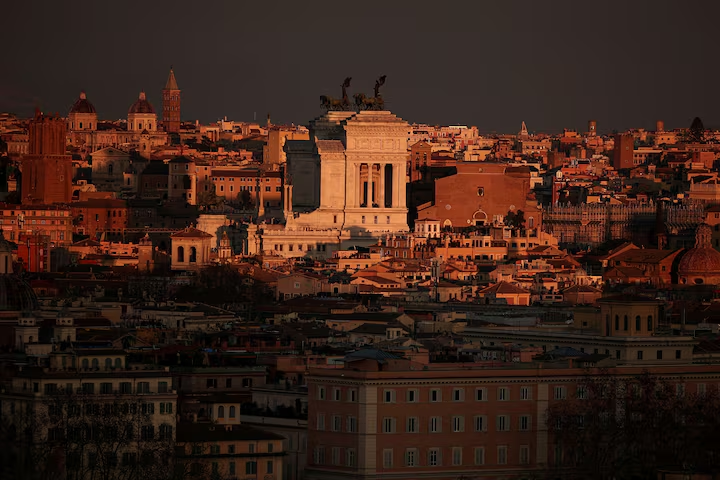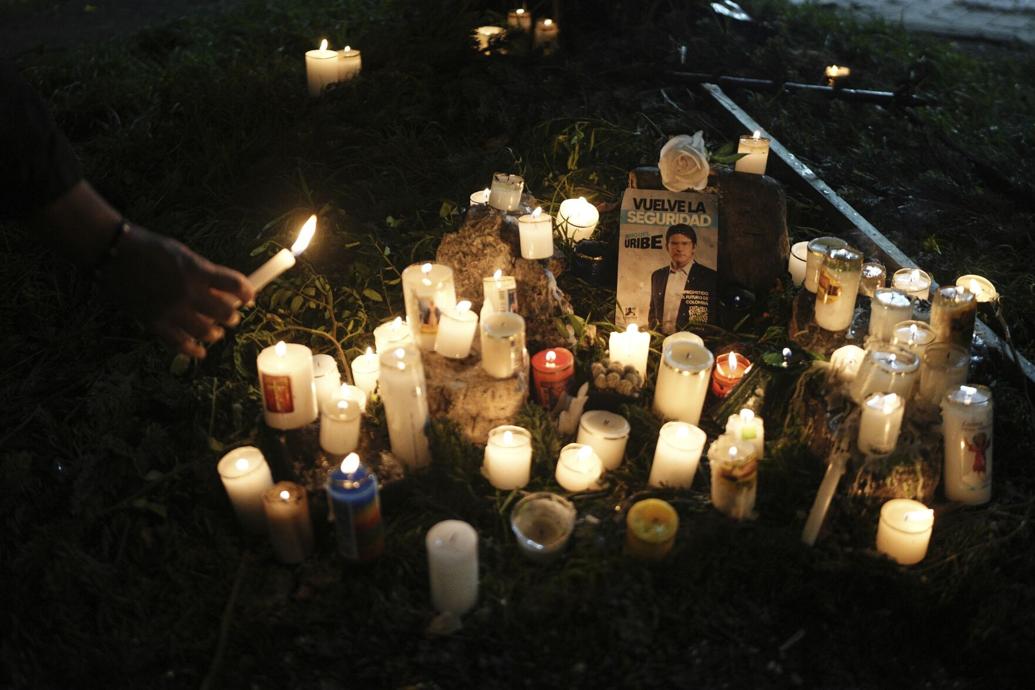Senator Marco Rubio is poised to return to the national spotlight this week as he prepares to answer tough questions on Capitol Hill regarding his alignment with President Donald Trump’s domestic and foreign policy agenda. As chair of the influential Senate Intelligence Committee and a longtime Republican stalwart, Rubio is expected to face scrutiny from both parties during upcoming hearings focused on national security, immigration, and executive overreach.
Rubio’s resurgence in Congress comes amid growing concerns among some lawmakers about the direction of Trump’s second-term policies—particularly in areas where Rubio has historically struck a more cautious tone, such as relations with authoritarian governments, the use of surveillance powers, and the politicization of intelligence agencies.
Among the most anticipated sessions will be a closed-door briefing on Trump’s recent executive orders that have expanded surveillance capabilities and curtailed oversight mechanisms within federal intelligence operations. Critics fear these moves undermine civil liberties, and many are looking to Rubio to either defend or distance himself from the policies.
“Rubio is in a unique position,” said a senior Democratic aide. “He has credibility with hawks and moderates, but if he stays silent on overreach, he risks being seen as enabling it.”
Rubio has so far offered limited public comment on Trump’s more controversial actions since returning to office in 2024, including the reinstatement of family separation at the border, the rollback of DEI initiatives, and new rules limiting asylum access. Privately, aides say he’s walking a political tightrope: aiming to maintain influence within the party while avoiding the wrath of Trump’s loyal base.
In a recent interview, Rubio defended Trump’s national security agenda, stating, “We face an increasingly dangerous world. The President is right to prioritize intelligence and deterrence.” But he stopped short of endorsing specific policies, such as expanded domestic surveillance and recent purges within key intelligence agencies.
On foreign policy, Rubio has long been a vocal critic of authoritarian regimes and a supporter of robust U.S. engagement abroad. However, Trump’s America First approach—which includes cutting foreign aid, challenging NATO, and cozying up to leaders in Russia and North Korea—puts Rubio at odds with the administration’s tone, if not always its goals.
His upcoming testimony and committee leadership will likely shed light on how far he is willing to go in challenging or endorsing Trump’s approach.
“There’s pressure on Rubio from every direction,” said Michael Allen, a former National Security Council official. “He’s seen as a bellwether for whether there’s still an independent conservative foreign policy voice in the GOP.”
Democrats are also expected to question Rubio over his role in supporting or overlooking Trump’s moves to reshape federal institutions. Several committee members are preparing to press him on the implications of recent reports that Trump is pushing to use the Department of Justice to target political opponents and restrict media access to federal briefings.
Despite the tensions, Rubio remains one of the most influential Republicans in the Senate, and his response to these questions could shape how moderate Republicans navigate the next phase of Trump’s presidency.
For now, all eyes are on Capitol Hill as Rubio prepares to take center stage. Whether he emerges as a principled voice or a party loyalist will be a key indicator of the Republican Party’s evolving identity under Trump’s second term.
Source: Reuters



